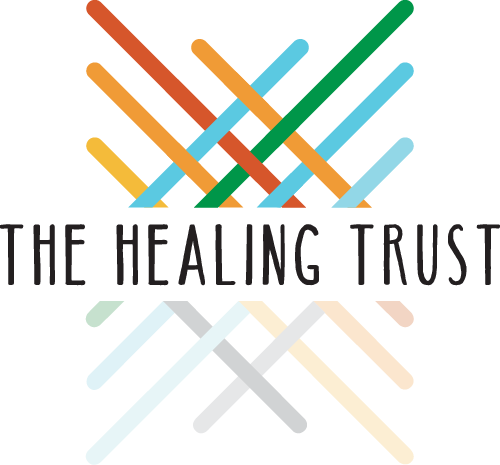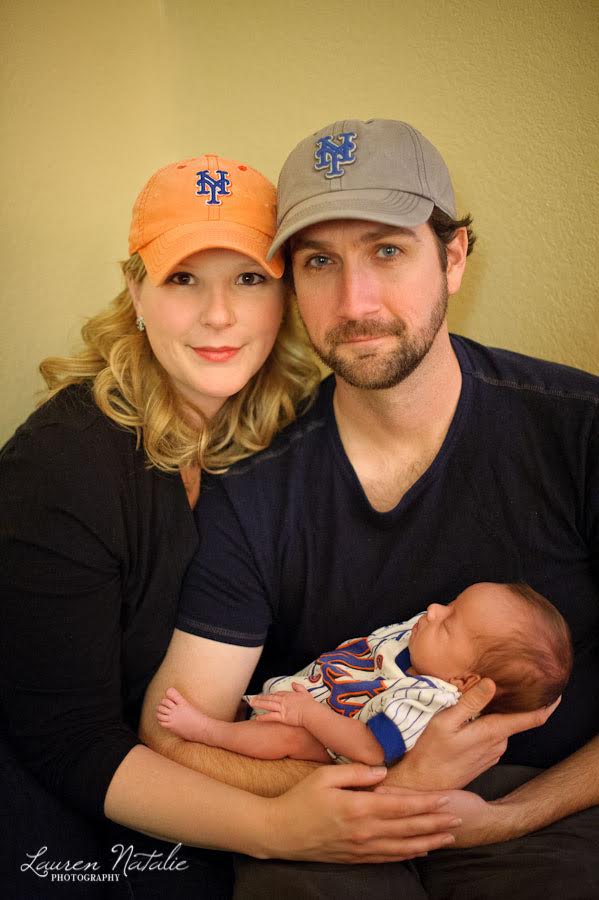An Unexpected Call
October 22, 2012 started a new journey for me – one as a widow and a single mom.
In the prior nine months, my husband Jim and I adopted a newborn baby girl, moved from California to Nashville, bought a house, and started new jobs – me with the State and Jim teaching in Williamson County.
Jim was passionate about sharing travel with students. He led the 8th grade trip to Washington, D.C. for ten years and frequently chaperoned the high school Europe trip. So when his new school offered him the chance to chaperone their fall break trip to the D.C. area, he jumped at the chance.
On the last morning of the trip, my phone rang at 6 a.m., Jim’s name glowing on the screen. I cheerfully greeted him, excited that he would be returning home that day. Instead of Jim, however, it was another chaperone sharing that Jim collapsed and was in cardiac arrest. An hour or so later, the hospital would call and deliver the life-changing news that Jim passed away, at just 33 years young, two weeks shy of his 34th birthday.
I’d only been at my job for a few months with people who did not know me. I feared losing my job and our sole means of financial support. Fortunately, a caring boss and team of colleagues rallied around my then ten-month old daughter, Addy, and me. They provided me the time off that I needed to manage getting Jim from Virginia to California, planning three funerals in two states, getting some financial affairs in order, caring for my daughter and myself, and beginning to grieve.
The life and loss of Jim taught me a variety of lessons, including the need for compassionate work places – work places that implement policies, processes and benefits that support compassionate care. Losing a spouse is difficult under any circumstances, but my loss was more manageable because of my support system and environment. I had a good job that paid a fair wage and offered affordable health insurance. My work provided paid time off for sick and annual leave, which meant that I could go to grief counseling and care for Addy when she was sick. I also had a flexible work schedule so that I could get my job done without missing one of Addy’s activities. Our loving family in Tennessee and California supported us physically and emotionally whenever we needed it. All these policies, processes and systems helped us in our new normal.
Our New Normal
A lot has changed for Addy and me since Jim passed away five years ago. Addy is a thriving kindergartener and we’ve created our own family traditions, settling into a solid rhythm as a family of two. I was promoted twice by my former employer before transitioning to The Healing Trust in 2016, in part because of its internal and external culture of compassionate care.
I am proud to work at The Healing Trust, which just put into place two new policies to advance compassionate care internally, policies that I hope other organizations will look to implement to support compassionate care for their employees.
1. Up to 15 Days Paid Bereavement Leave – The Trust provides between 2-15 days of bereavement leave, depending on whether the death is an immediate family member, a close family member or an extended family member. For those in the sandwich generation – who are caring for our kids as well as our ailing parents – such a policy will be necessary to handle personal affairs after a loss.
2. 12 Weeks Paid Parental Leave – The Trust provides employees 12 weeks of paid parental leave for the birth or adoption of a child. This leave is available for the first twelve months and does not have to be taken consecutively.
In addition to these official policies, The Trust offers a flexible work environment where we can work from home, adjust hours as needed to accommodate personal and professional schedules, and allow kids to visit the office when necessary. During individual check-ins, we discuss how the so-called balance between personal and professional life are going. In our individual development plans, somatic needs are listed so that we can set aside work time for physical fitness, mindfulness and meditation or whatever physical, spiritual or emotional practices will strengthen us professionally.
Most importantly, our leadership differentiates home and work clearly. We are not expected to monitor our email at night, on weekends or on vacation. When we are not at the office, the expectation is that we are present where ever we are. Our leadership works hard to demonstrate this daily to ensure it is the organizational culture. Just as important as our policies, our practices protect this culture of compassionate care. I commend our board and leadership for developing, supporting and enhancing this culture in policy and in practice.
Losing Jim made me aware that many parents – single or not – do not have the support that they need to manage life-changing events. It also showed me how much an employer’s compassion matters. What policies and/or practices does your workplace provide to support compassionate care of employees? What policies or practices would you like to see more prevalent in our workplaces to advance employee compassionate care? We want to hear from you!
Meredith Benton is the Senior Program Officer at The Healing Trust.

